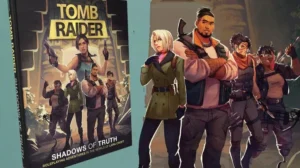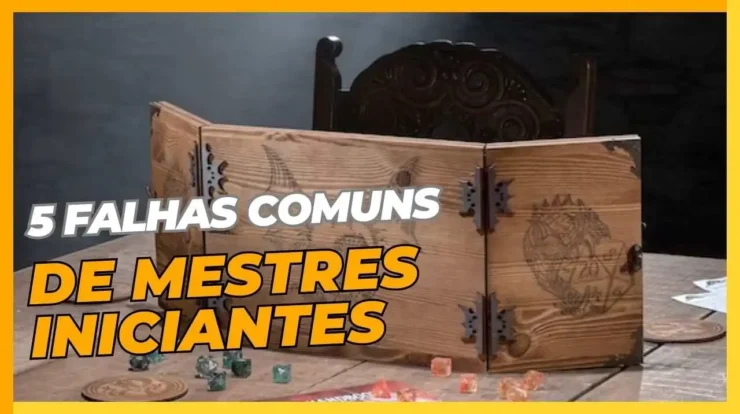
5 Common Fails of New RPG GMs
Firstly, in the vast universe of RPGs, the role of the DM is comparable to that of a conductor in an orchestra.
Just as the maestro guides his musicians, the master leads his players through immersive stories and imaginative worlds.
Therefore, a well-prepared GM has the power to transform a gaming session into an unforgettable experience.
1. Insufficient Preparation
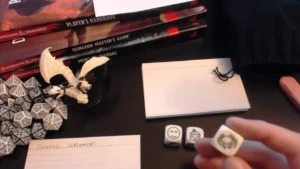
Imagine, for a moment, embarking on a journey without a map or compass. Lack of preparation is, unfortunately, a common pitfall for many novice masters.
While the ability to improvise is crucial in roleplaying, relying too much on it can lead to plot inconsistencies and moments of hesitation.
In this way, by improvising too much, the master can create plots that defy logic or introduce elements that contradict previous events, leaving players confused.
2. Lack of Flexibility
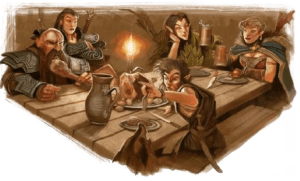
Likewise, rigidly following a pre-established script can be as harmful as a lack of preparation.
RPGs are, by nature, dynamic games, where players are co-authors of the narrative. Therefore, denying them the chance to freely explore and interact with the world around them can limit their engagement and creativity.
So the key is to balance preparation with being open to unexpected detours.
3. Not Listening to Players

On the other hand, RPGs are a dance between the GM and the players. Ignoring their insights and suggestions is like turning off the music mid-song.
Additionally, listening carefully can reveal players’ desires and interests that you would never have considered.
Consequently, adapting the narrative based on these insights can tremendously enrich the experience.
4. Favoritism or Partial Game
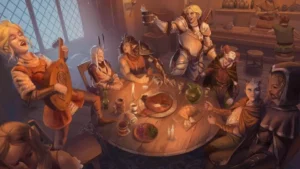
Just as all instruments have their place in an orchestra, all players have their importance at an RPG table.
In contrast, favoring certain players or characters can create resentment and conflict, breaking group cohesion.
With this in mind, it’s critical to ensure everyone feels their contributions are valued.
5. Lack of Knowledge of the Rules
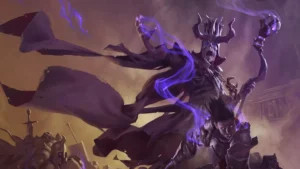
Furthermore, rules are the backbone of any RPG.
While it is acceptable to consult the rulebook occasionally, a cursory understanding can interrupt the flow of the game and frustrate players.
For this reason, investing time in understanding the rules can make sessions more fluid and enjoyable.
The Importance of Culture and Improvisation:
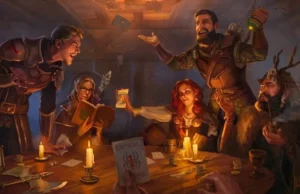
What it really means to improvise:
First of all, it is crucial to understand that improvising is not simply making up random things on the spur of the moment.
In fact, it is the ability to react quickly to unexpected situations, using all the accumulated knowledge and experience.
In other words, it is a dynamic reconfiguration of already known elements, adapted to the situation in question.
Sources of inspiration for improvisation:
In fact, the wider and more varied a master’s cultural background, the more tools he will have at his disposal when it comes to improvising.
For example, a master who has delved into mythologies from different cultures can easily create deities and mythological creatures for a fantasy world.
Furthermore, knowledge of history can help in the construction of complex policies and conflicts between nations.
Therefore, everything you read, watch or learn can, at some point, become a key piece during an RPG session.
Improvisation and connection with players:
In the same way that culture helps improvisation, harmony with the players is fundamental.
This is because, often, it is the players’ actions and decisions that will demand an improvised response from the master.
In this way, being attentive to the characters’ desires, motivations and personalities helps the master to create developments that are coherent and engaging.
In short, effective improvisation is one that, although it appears spontaneous, is deeply rooted in a vast repertoire and a deep connection with the players.
Valuing Reading

In short, reading is a window into fantastic worlds.
Works like “The Wheel of Time” and “The Lord of the Rings” offer treasures of inspiration, whether in terms of world-building, characters or plots.
By delving deeper into these stories, a GM can expand their narrative skills, enriching their own campaigns.
5 Common Fails of New RPG GMs
Ultimately, being a master is a journey, and each failure is a step along that path.
Instead of getting discouraged by mistakes, see them as opportunities to learn and grow.
Above all, with passion, preparation and a dash of creativity, anyone can become the maestro of unforgettable stories.
Podcast: Play in new window | Download (Duration: 54:36 — 100.0MB) | Embed
Subscribe: Email | | More
Source: https://www.caixinhaquantica.com.br/5-falhas-comuns-de-novos-mestres-de-rpg-mesa/


